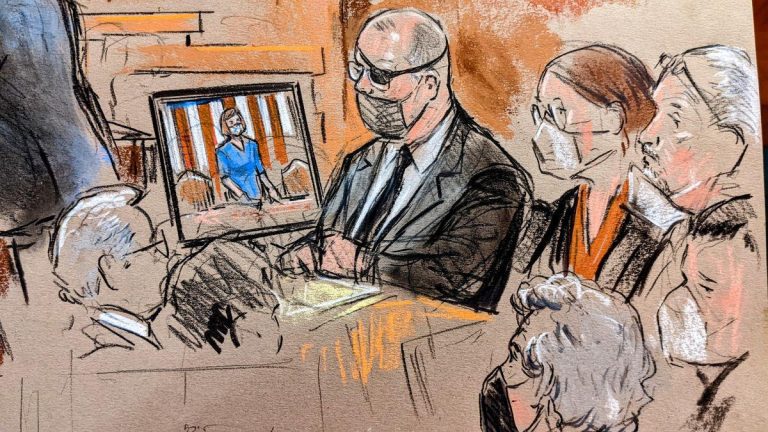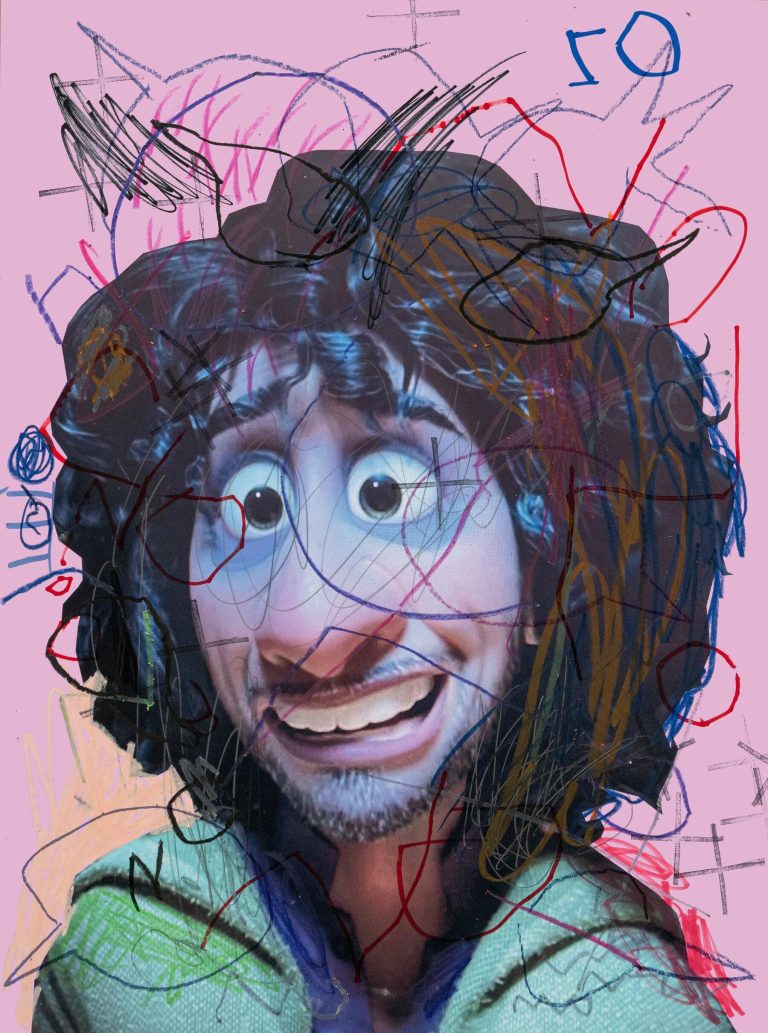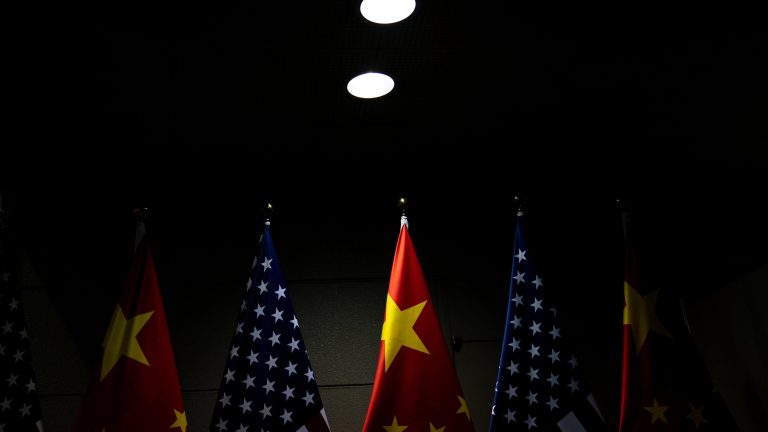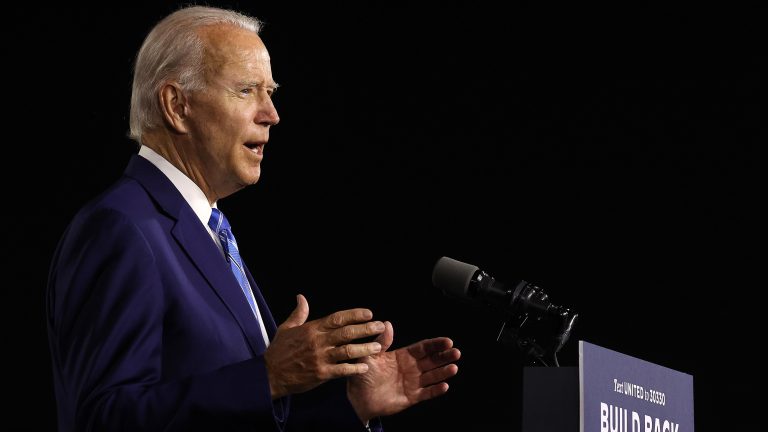
Tony Hinchcliffe Opens Trump’s NYC Rally
In an event that garnered widespread attention and ignited online debate, comedian Tony Hinchcliffe recently opened former President Donald Trump’s rally in New York City. Known for his edgy and often polarizing humor, Hinchcliffe’s appearance stirred mixed reactions, with audiences and media divided on whether his comedic approach was bold or inappropriate. This event has spurred dialogue on the role of comedians in politics, the fine line between satire and support, and the complexities surrounding public opinion in a deeply polarized era.
Who is Tony Hinchcliffe? A Look into the Comedian’s Career
Tony Hinchcliffe has built a career on controversial and dark humor, often challenging societal norms and pushing boundaries. Known for his podcast “Kill Tony,” where he roasts aspiring comedians and delves into edgy comedy, Hinchcliffe is no stranger to controversy. He has been both praised for his unique comedic style and criticized for crossing lines of social acceptability. His comedy, often self-described as dark and no-holds-barred, has attracted a loyal fanbase that appreciates his willingness to say what others might avoid.
His involvement in Trump’s NYC rally isn’t the first time Hinchcliffe has been in the spotlight for controversial remarks. In 2021, he faced backlash after a racially insensitive joke surfaced during a performance in Austin, Texas. This controversy didn’t deter him from continuing with his distinctive comedy style, but it has kept him in a somewhat polarizing position in the public eye.
Why Tony Hinchcliffe’s Appearance at Trump’s Rally Matters
Trump’s rallies have long been known for blending political commentary with entertainment, featuring various performers who align or resonate with his supporters. Hinchcliffe’s role in opening the rally indicates a strategic decision to engage attendees with humor that aligns with Trump’s outspoken and often controversial style. By opening the rally with Hinchcliffe’s brand of humor, Trump’s team tapped into a cultural moment where comedy and politics intersect in powerful, and sometimes contentious, ways.
This choice speaks to a broader trend in which public figures use entertainment as a tool for influencing public opinion, softening audiences to political messages through laughter. Hinchcliffe’s involvement highlights the crossover between political gatherings and entertainment, a phenomenon that has become more common in recent years. While some see this as a creative and engaging approach, others argue that it risks trivializing serious political discourse.
Public Reaction: The Divide Among Fans and Critics
Hinchcliffe’s appearance at the rally sparked a wave of reactions on social media, dividing fans and critics. Supporters argue that his comedy brings a fresh, unfiltered perspective to the political sphere, aligning with Trump’s own style of directness. For many in this group, Hinchcliffe’s presence underscored the idea of free speech and humor as mechanisms to challenge norms, including in political spaces. They see him as a figure who is unafraid to express opinions and push boundaries, a quality they find refreshing.
On the other hand, critics argue that Hinchcliffe’s humor at a political event like this may blur the line between satire and endorsement, making it unclear where his support lies. Some worry that by associating with Trump, Hinchcliffe risks alienating fans who may not share the former president’s views. They argue that a comedian’s choice of stage reflects, to some extent, their own values, and appearing at such a politically charged event could tarnish Hinchcliffe’s reputation among those who don’t align with Trump’s ideologies.
The Role of Comedy in Political Events: A Double-Edged Sword
Comedy at political events is not a new concept; historically, comedians have used satire to critique political figures and policies. Yet, Hinchcliffe’s performance at Trump’s rally underscores how this dynamic has evolved. Political satire, once primarily focused on critiquing those in power, is now also a tool to rally support and unify audiences around specific beliefs.
For comedians, this approach is both an opportunity and a risk. On one side, they can reach new audiences and influence public opinion, using humor to make complex political issues more accessible. On the other, they risk being perceived as endorsing specific ideologies or political figures, potentially alienating segments of their fanbase who hold differing views. In Hinchcliffe’s case, his role at Trump’s rally underscores the delicate balance comedians must maintain when they navigate political spaces.
The Fine Line Between Satire and Endorsement
Hinchcliffe’s brand of humor often treads the line between satire and potential endorsement, especially in politically charged settings. By opening Trump’s rally, some argue that his jokes may resonate differently depending on individual perspectives. For fans who interpret his comedy as satire, Hinchcliffe’s humor serves as an exaggerated reflection of political absurdities. However, for those who view his presence at the rally as tacit support for Trump, the nuances of satire may be overshadowed by the platform he chose.
The incident raises important questions: can a comedian maintain neutrality in a polarized political landscape? Or does their choice of stage signal an endorsement, regardless of intent? These questions are particularly relevant in today’s social climate, where public figures are often scrutinized for their affiliations and associations.
Hinchcliffe’s Comedy Style: Risk and Reward
Hinchcliffe’s distinct style of comedy thrives on its shock value, unfiltered language, and disregard for traditional limits. For some, this approach is a refreshing break from conventional humor, allowing audiences to confront uncomfortable truths. However, this style also comes with significant risks. Jokes that resonate with one group may offend others, and with Hinchcliffe’s humor consistently pushing boundaries, his fanbase has become polarized. This dynamic was evident at the rally, where some attendees appreciated his boldness, while others felt his comedy missed the mark in the context of a political event.
For Hinchcliffe, this is both a strength and a vulnerability. His ability to draw attention through provocative humor opens doors, but it also makes him a target for criticism. In a landscape where comedians often face backlash for offending various groups, Hinchcliffe’s unapologetic approach continues to spark debate on whether his comedy serves a greater purpose or simply pushes boundaries for shock’s sake.
The Impact of Hinchcliffe’s Appearance on His Career
The long-term impact of Hinchcliffe’s appearance at Trump’s rally remains to be seen. For some, his decision to participate in the event may solidify his reputation as a fearless comedian who refuses to be limited by political correctness. For others, however, this association with Trump could have lasting repercussions, potentially leading to a loss of fans who disagree with the former president’s policies.
Regardless of one’s stance on his appearance at the rally, Hinchcliffe’s involvement in such a politically charged event highlights the increasing crossover between entertainment and politics. As more public figures engage in politically motivated performances, they must be prepared to navigate the consequences, both positive and negative, that come with their choices.
Conclusion: A Defining Moment in the Intersection of Comedy and Politics
Tony Hinchcliffe’s opening performance at Trump’s NYC rally was a defining moment that has sparked discussion on the role of comedy in politics, the power of public perception, and the risks that come with crossing into politically charged arenas. His appearance reminds us that humor, while powerful, is a tool that can influence and divide audiences in complex ways.
Whether one views Hinchcliffe’s involvement as bold or reckless, it is a testament to the evolving role of comedians in today’s political discourse. As audiences continue to navigate the intersections of entertainment, politics, and personal beliefs, Hinchcliffe’s performance serves as a case study in the delicate balance comedians must maintain in a polarized world.



